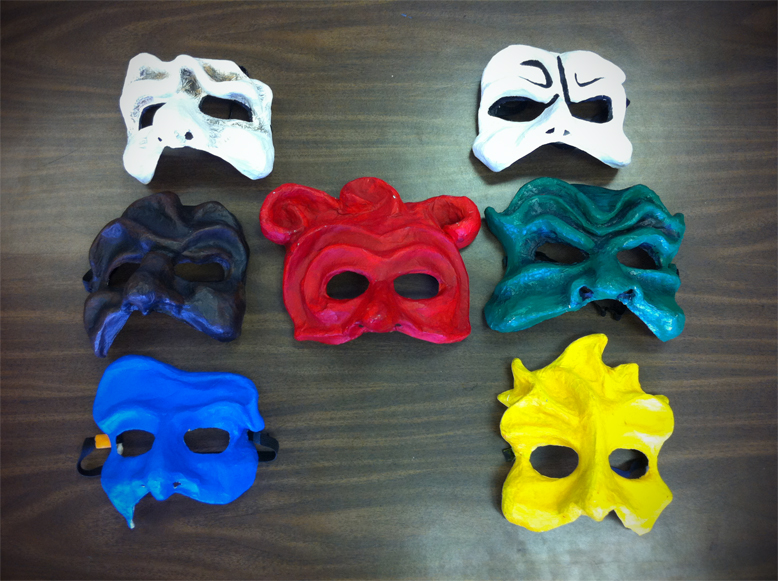Lambert has been shadowing the MCT staff for a few weeks, and participating in many aspects of our InterGEN project, including our recent video shoot and a series of workshops for seniors and youth.
We hope that at the end of his stay in Canada, Lambert will be fully prepared to take what he’s learned at MCT, combine it with his years of experience in theatre, and begin to create the positive change he desires.
1. Tell us about yourself.
I’m a 31-year-old actor from France. I was born in a little city in the middle of France called Boussac. I originally was studying law, but then decided to go to Paris to pursue theatre. I was especially interested in physical theatre, and learned about divised theatre in school (also called collaborative creation: a form of theatre where the script originates from improvisation by a group of people, rather than a playwright). I was a founding member of two theatre companies, and helped to create a number of productions.
I’ve been feeling distanced from the real world, so this year I decided to train as a dramatic arts facilitator at Sorbonne. Theatre, for me, is a medium through which I can speak out about the ills of a society. Theatre can’t change society, but it can open people’s minds and alter their perspective. I don’t practice theatre to change the world, but to be in touch with people.
2. How has your experience with MCT been so far?
I’ve been getting to know MCT for a little while now, and I feel really comfortable with this team. Everyone is really friendly, and I’ve felt welcomed since my first day. For the moment, I am observing how MCT works, and learning about the organization’s methodologies.
In MCT’s InteGEN workshop sessions with groups of Chinese seniors, I have been helping to plan the activities, and I’ve also helped document the sessions with a sound recorder. The shared stories I record will assist our playwright, Diana Tso, in creating the script for our upcoming InterGEN play.
3. What do you hope to gain from being an intern at MCT?
During this internship, I hope to learn how to facilitate and create workshops that explore social and personal issues. I’ve been interested in Forum Theatre for a long time – I remember reading Theatre of the Oppressed by Augusto Boal maybe seven years ago, and thinking: “That’s probably one of the best ways to do theatre if you want to change something in this society.” So, when I found MCT and understood the kind of theatre they practice, I thought it would be a wonderful opportunity to collaborate with them, and learn from them.
4. What exactly drew you to MCT?
MCT practices theatre on a human scale. Many theatre companies speak about the place of humanity in the world, but they forget about humans. The work that MCT does brings them close to people, and makes them heavily involved in creating opportunities for social change. I recognized myself in the way MCT uses theatre. They are really curious about giving a voice to societal issues such as racism, harassment, or miscommunication. In the case of the InterGEN project, it’s miscommunication between generations, but that applies to so many situations. MCT lives inside the identified issues; they work with and learn from people, and don’t presume to know what the issues are.
5. Where do you see yourself in the next few years?
That’s a difficult question. I think I really want to spread my passion for theatre by working with both actors and non-actors. I want to mix socially engaged theatre and a more classic style of theatre, which is what MCT already does! I would like to work in a company where I can be a facilitator, actor, and director, and create work with diverse people such as actors, community members, dancers, visual artists, writers – the list goes on. This may seem like a lot, but I need to dream big.
6. Can you tell us three words you would use to describe yourself?
-Questioning: I question everything, all the time, especially myself.
-Curious: I wonder about everything.
-Dreamer: Sometimes I’m here, and sometimes I’m not… But don’t call me flighty!


